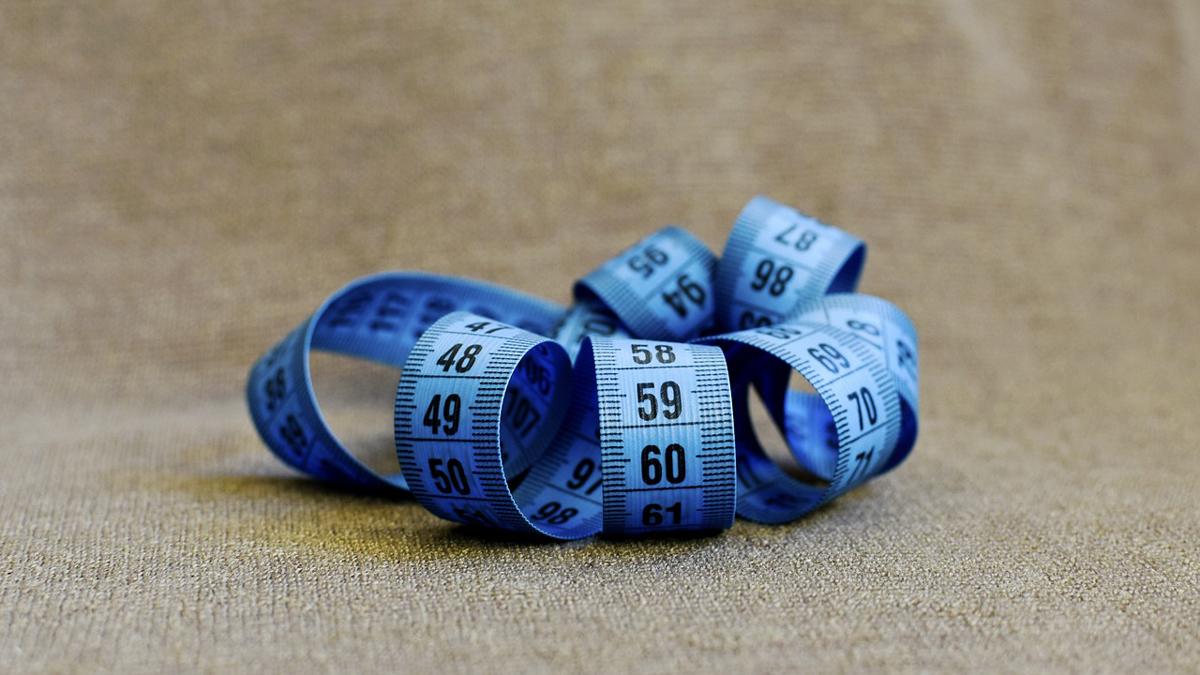Health
Eli Lilly’s Orforglipron Achieves 10.5% Weight Loss in Diabetics

Eli Lilly has announced significant results from its third phase 3 trial of the oral weight-loss medication orforglipron. The study, known as ATTAIN-2, demonstrated that patients with obesity or overweight and type 2 diabetes lost an average of 10.5% of their body weight when taking the highest dose of 36 mg once daily over a period of 72 weeks. In addition to weight loss, the treatment also showed improvements in blood glucose control among participants.
The announcement follows a challenging period for Lilly, as the company had experienced a drop in share price less than three weeks prior, due to the results from the ATTAIN-1 study. That trial, which focused on overweight or obese individuals without diabetes, revealed a lesser weight loss of 12.4% at the same time point. In the aftermath of these mixed results, Lilly’s stock began to recover as investors reassessed the potential of orforglipron. The medication is positioned to provide support to patients for longer durations compared to existing injectable weight-loss therapies, such as Lilly’s own Zepbound (tirzepatide) and Novo Nordisk’s Wegovy (semaglutide).
Clinical Findings and Market Implications
The promising findings from the ATTAIN-2 trial have contributed to a nearly 2% increase in Lilly’s share price during pre-market trading. Orforglipron currently leads the oral GLP-1 agonist category; however, Novo Nordisk has also filed for approval of an oral version of Wegovy earlier this year. If approved, it could become the first oral GLP-1 treatment for obesity, with a decision from the FDA anticipated before the end of 2023.
In the ATTAIN-2 trial, two lower doses of orforglipron—6 mg and 12 mg—resulted in weight losses of 5.5% and 7.8%, respectively. A placebo group recorded a modest weight loss of 2.2%. Notably, half of the participants taking the highest dose achieved the goal of losing 10% or more of their weight. Additionally, there was a reduction of 1.8% in hemoglobin A1c levels for this group, which is a critical biomarker for blood glucose management.
Around 85% of patients on the top dose of orforglipron reduced their A1c level to below 7%, which is the standard target for blood sugar-lowering therapies. Furthermore, 75% of participants achieved reductions to 6.5% or lower, showcasing the efficacy of this oral therapy in managing diabetes as well as obesity.
Expert Commentary
According to Louis Aronne, an obesity specialist and former president of The Obesity Society, these results illustrate the potential of orforglipron to deliver efficacy, safety, and a tolerability profile akin to that of injectable GLP-1 medications. He emphasized that orforglipron could expand treatment options for patients who prefer oral therapies without sacrificing clinical outcomes.
As health care providers continue to seek effective solutions for managing obesity and type 2 diabetes, Eli Lilly’s orforglipron appears poised to play a significant role in the treatment landscape, especially as the demand for oral medications grows among patients. The outcome of the ATTAIN-2 study marks a crucial step in advancing the company’s regulatory efforts and enhancing its competitive position in the pharmaceutical market.
-

 Health3 months ago
Health3 months agoNeurologist Warns Excessive Use of Supplements Can Harm Brain
-

 Health3 months ago
Health3 months agoFiona Phillips’ Husband Shares Heartfelt Update on Her Alzheimer’s Journey
-

 Science1 month ago
Science1 month agoBrian Cox Addresses Claims of Alien Probe in 3I/ATLAS Discovery
-

 Science1 month ago
Science1 month agoNASA Investigates Unusual Comet 3I/ATLAS; New Findings Emerge
-

 Science4 weeks ago
Science4 weeks agoScientists Examine 3I/ATLAS: Alien Artifact or Cosmic Oddity?
-

 Science4 weeks ago
Science4 weeks agoNASA Investigates Speedy Object 3I/ATLAS, Sparking Speculation
-

 Entertainment4 months ago
Entertainment4 months agoKerry Katona Discusses Future Baby Plans and Brian McFadden’s Wedding
-

 Entertainment4 months ago
Entertainment4 months agoEmmerdale Faces Tension as Dylan and April’s Lives Hang in the Balance
-

 World3 months ago
World3 months agoCole Palmer’s Cryptic Message to Kobbie Mainoo Following Loan Talks
-

 Science4 weeks ago
Science4 weeks agoNASA Scientists Explore Origins of 3I/ATLAS, a Fast-Moving Visitor
-

 Entertainment4 months ago
Entertainment4 months agoLove Island Star Toni Laite’s Mother Expresses Disappointment Over Coupling Decision
-

 Entertainment3 months ago
Entertainment3 months agoMajor Cast Changes at Coronation Street: Exits and Returns in 2025









